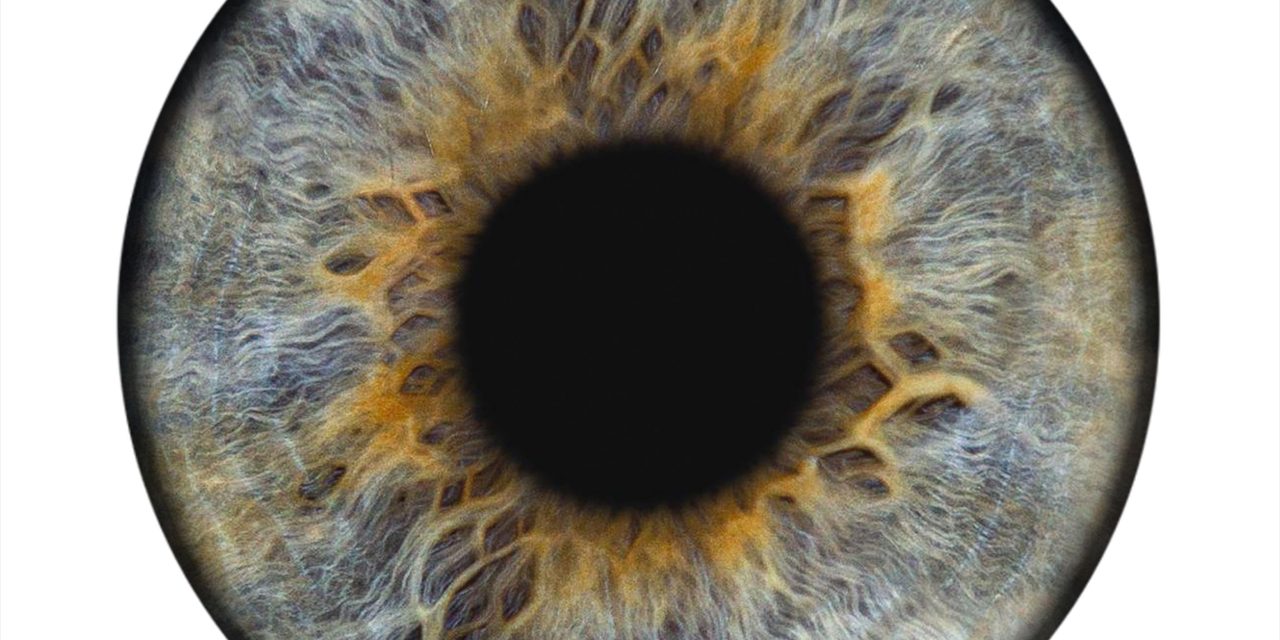To assess the prevalence of autoimmune diseases (AiD) in patients with primary open angle glaucoma (POAG) undergoing ophthalmic surgery.
Retrospective cross-sectional study.
POAG patients undergoing any ophthalmic surgery and control subjects undergoing cataract surgery at the Massachusetts Eye and Ear from March 2019 to April 2020.
All available medical records with patient demographics, ocular and medical conditions were reviewed. Differences in AiD prevalence were assessed and adjusted for covariates using multiple logistic regression. Additionally, a subgroup analysis comparing the POAG patients with and without AiD was performed.
To assess prevalence of AiD based on the American Autoimmune Related Diseases Association list.
172 POAG patients and 179 controls were included. The overall prevalence of AiD was 17.4% in the POAG group and 10.1% in the controls (p=0.044). 6.4% of POAG patients and 3.4% of controls had more than one AiD (p = 0.18). The most prevalent AiDs in POAG group were rheumatoid arthritis (4.6%) and psoriasis (4.1%), which were also the most common in controls (2.8% each). In a fully adjusted multiple logistic regression analysis accounting for steroid use, having an AiD was associated with 2.62-fold increased odds of POAG relative to controls (95% confidence interval: 1.27-5.36, p = 0.009); other risk factors for POAG derived from the analysis included age (odds ratio [OR] = 1.04, p = 0.006), diabetes mellitus (OR = 2.31, p = 0.008) and non-White ethnicity (OR = 4.75, p 0.13, for both).
A higher prevalence of AiD was found in POAG patients compared to control patients undergoing ophthalmic surgery. The presence of AiD was associated with increased risk for POAG after adjusting for covariates. Additional factors may have prevented a difference in RNFLT in POAG patients with and without AiD. Autoimmunity should be explored further in the pathogenesis of POAG.
Copyright © 2021. Published by Elsevier Inc.
The Prevalence of Autoimmune Diseases in Primary Open Angle Glaucoma Patients Undergoing Ophthalmic Surgeries.


